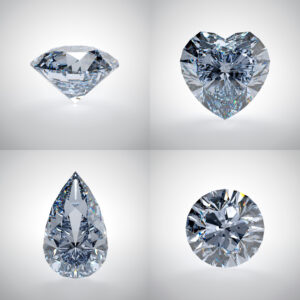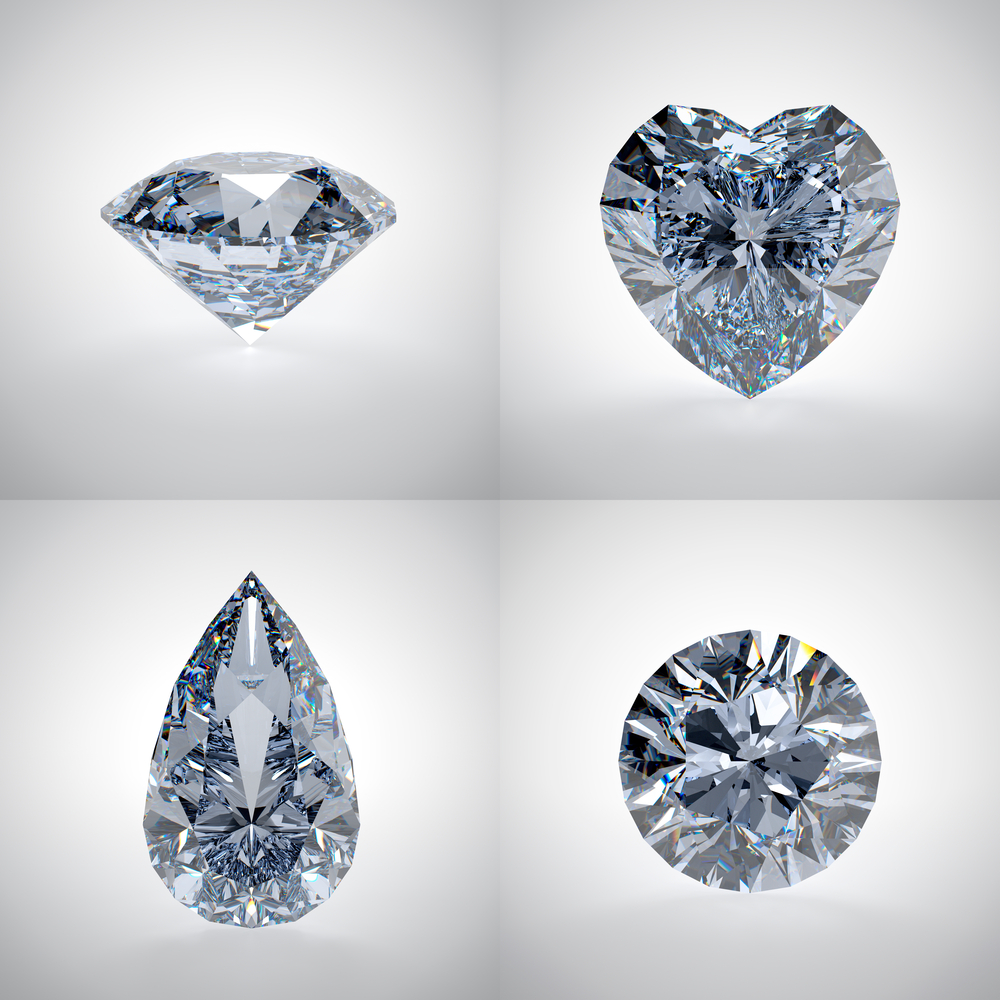
Cultural rituals play an integral role in societies around the world. They are deeply rooted in tradition, history, and symbolism, serving as a way to commemorate important milestones and events. These rituals often involve the use of various elements, including jewelry. However, when it comes to incorporating artificial diamonds into cultural rituals, there is often a notable reluctance. Let’s explore the reasons behind this reluctance and understand the significance of natural diamonds in cultural contexts.
The Allure Of Natural Diamonds
Natural diamonds have captivated human civilization for centuries. Their rarity, durability, and natural beauty make them highly desirable and valuable. Across cultures, natural diamonds have been associated with wealth, status, and longevity. These precious gemstones hold deep cultural significance and are often passed down through generations as heirlooms, symbolizing familial connections and heritage.
Symbolism And Authenticity
One reason for the reluctance to accept artificial diamonds in cultural rituals is the emphasis on authenticity and symbolism. Natural diamonds are seen as genuine and unique, carrying the weight of history and tradition. They are believed to possess inherent qualities that artificial diamonds may lack. In cultural rituals, the use of natural diamonds is often seen as a way to honor and preserve ancestral customs, making artificial diamonds less likely to be embraced.
Perception Of Value And Quality
Another factor contributing to the hesitation towards artificial diamonds in cultural rituals is the perception of value and quality. Natural diamonds are renowned for their rarity and are often associated with high monetary worth. The exclusivity and rarity of natural diamonds add to their perceived value in cultural contexts. On the other hand, artificial diamonds, although possessing similar physical properties, may be seen as less valuable due to their synthetic nature.
Environmental And Ethical Concerns

The impact of mining for natural diamonds on the environment and ethical issues has come under increasing scrutiny in recent years. The diamond business has come under fire for problems including environmental harm, labor rights, and violations of human rights in diamond mining locations. As a response to these concerns, the demand for ethical and sustainable alternatives, such as lab-grown or artificial diamonds, has increased. However, the reluctance to incorporate artificial diamonds into cultural rituals may stem from the perception that they do not carry the same ethical and environmental value as natural diamonds.
Preserving Tradition And Legacy
Cultural rituals often serve as a bridge between the past and the present, preserving tradition and maintaining cultural heritage. The use of natural diamonds in these rituals reinforces the connection to ancestral customs and beliefs. There is a desire to uphold the authenticity and integrity of these traditions, which can result in resistance to incorporating artificial diamonds. The reluctance stems from the fear that embracing synthetic alternatives may dilute or diminish the significance of the rituals themselves.
